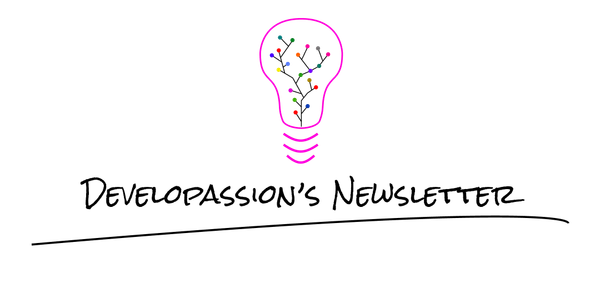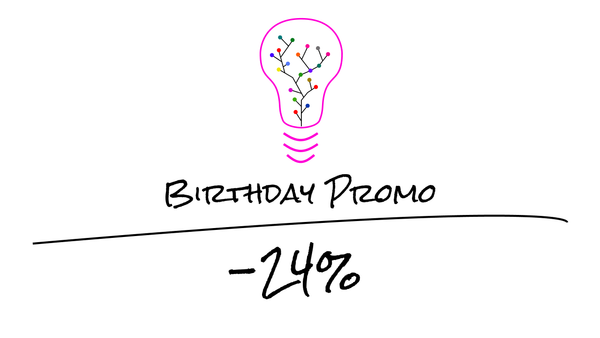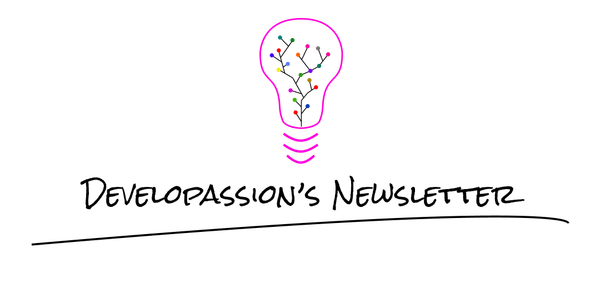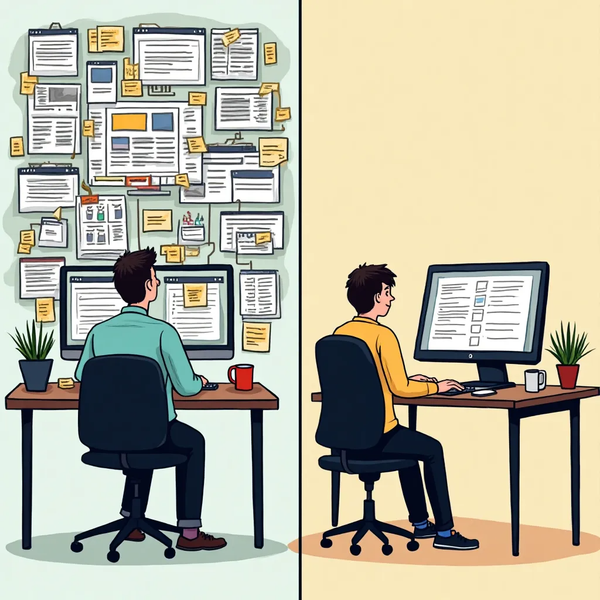Continuous Note-Taking With Evergreen Notes
Note-taking/note-making is continuous. Keep coming back to your notes to improve them, instead of considering those as "final". Here's why.
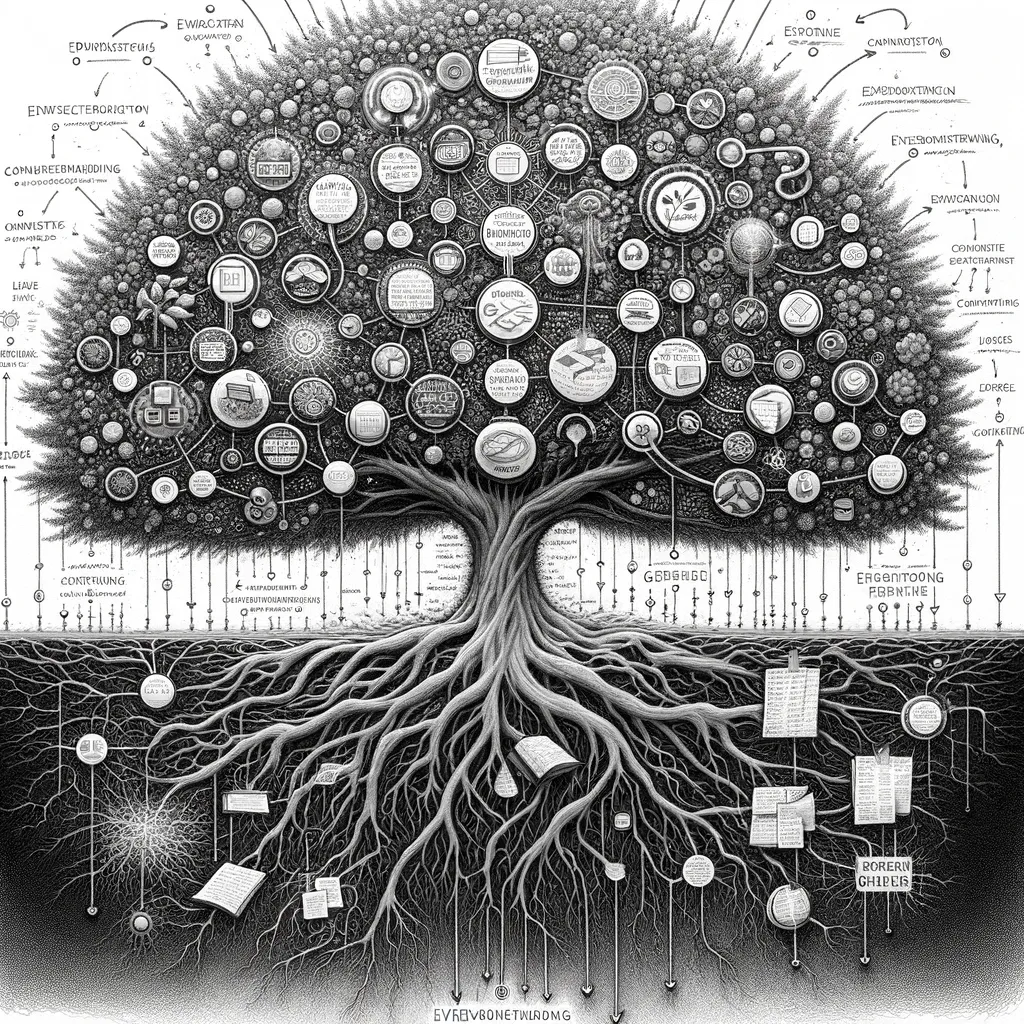
In this article, I want to introduce the notion of continuous note-taking aka evergreen notes. A system where notes are (almost) never considered "final".
Introduction
Back when I was at school (I mean when I was actually there, which didn't happen all that often!), I had to write essays. I always enjoyed writing, but school essays always made me nervous. I had some time to prepare, was able to write two or three drafts, but eventually, I had to stop iterating, and turn in the paper. I would then be graded based on what I wrote in that specific iteration. The education system continuously evaluates students, but requires discrete tests... Hopefully, this will change in the future, and schools will care more about approach, progress and state of mind rather than one-shot synthetic evaluations that create stress and don't mean all that much. Anyway, I digress.
When taking/making notes, you should never consider notes "final". Doing so is generally "pretentious" and shortsighted. Notes should be evergreen, and be continuously revisited.
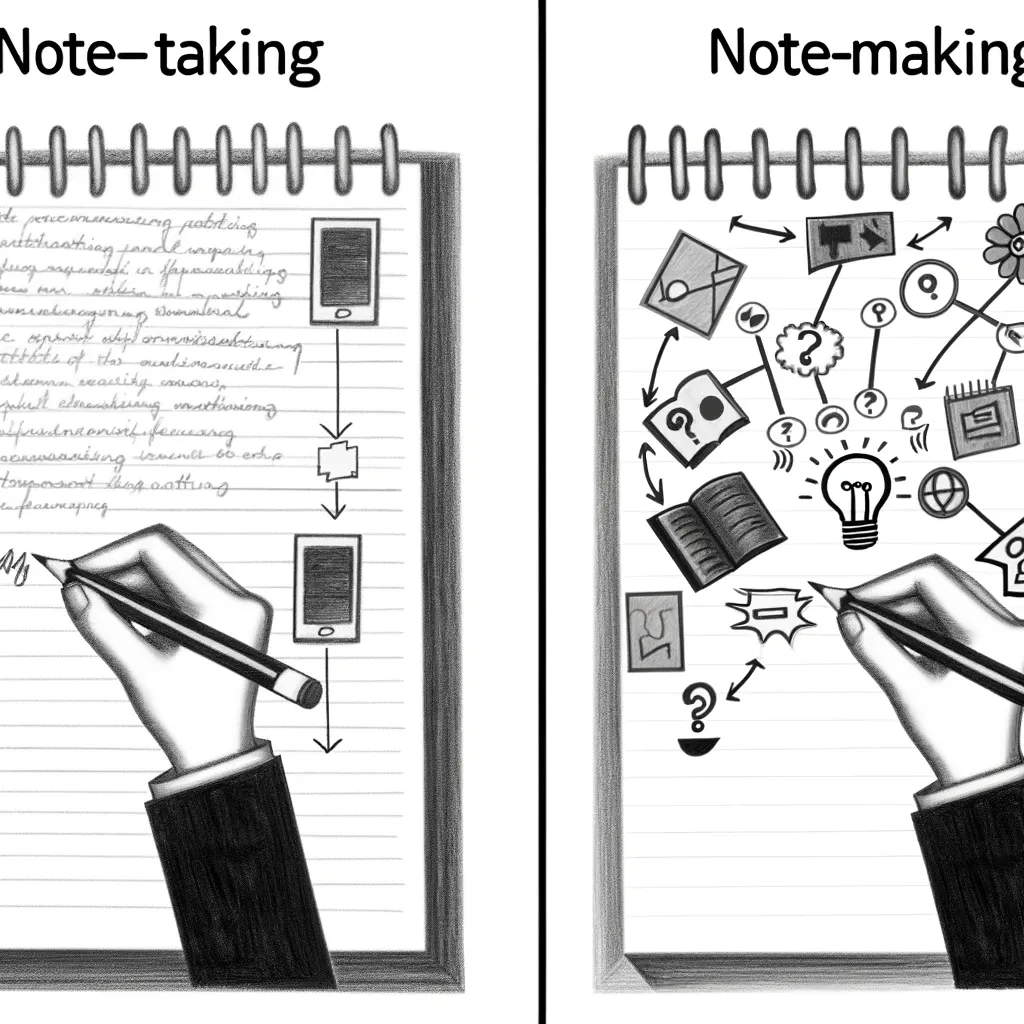
What is continuous note-taking?
Coming back to the education system, we are all taught so little about the value of note-taking. I get upset whenever I think about this... We are taught how to write beautiful letters, how to assemble words to form sentences, how to apply grammatical rules, how to write a title, how to organize our texts with sections and paragraphs, how to summarize information (and even not so much about that!!), and that's about it. The first notes we are exposed to are those of our teachers. We explore endless slide decks filled with boring bullet points, and we all start building a mental model for how to take notes. And that mental model is incredibly weak! Worse, we write notes once, and leave those behind forever, which is a real shame.
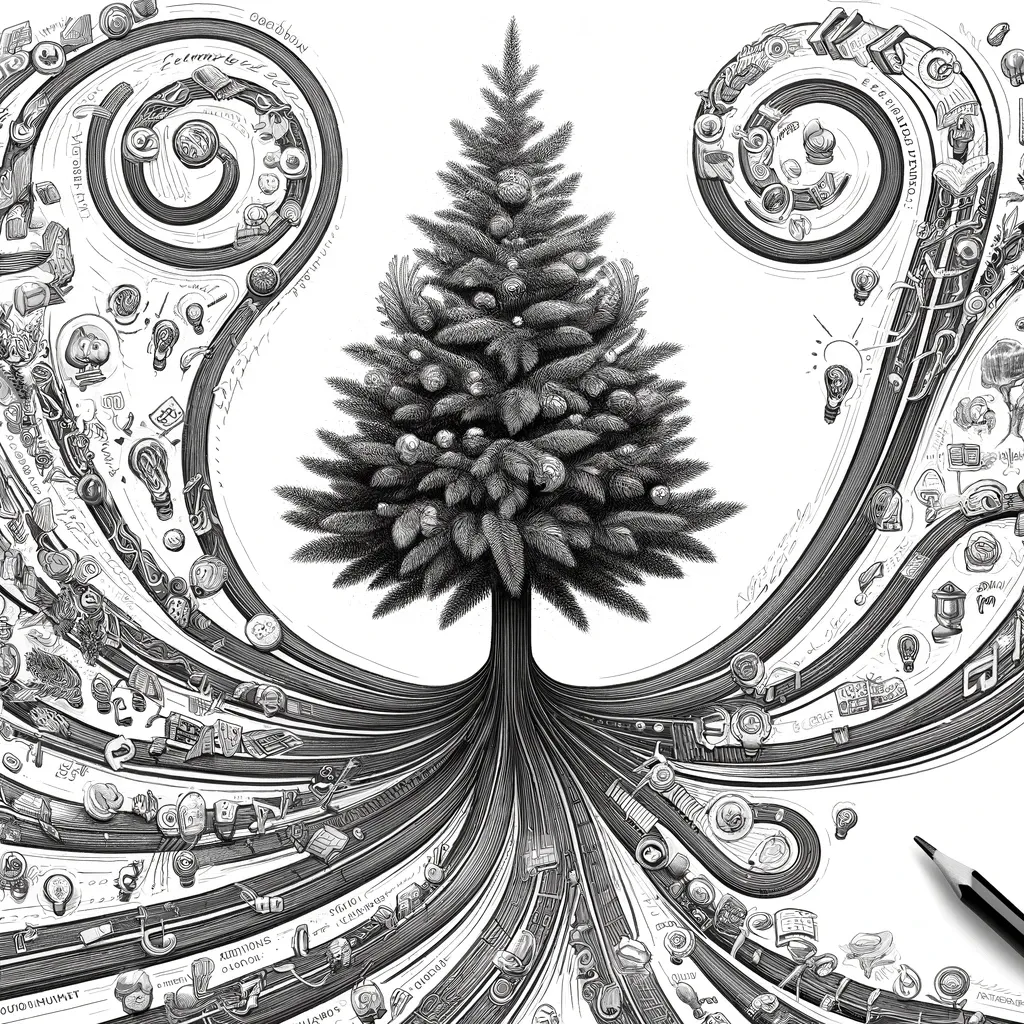
Kids should be taught about Personal Knowledge Management at a young age. They should be taught how to collect and connect their notes to create valuable personal knowledge graphs. They should be taught about links, backlinks, atomic notes, evergreen notes, how to take smart notes... They should also be taught how to learn on their own, techniques to do so efficiently, how to design their personal systems for learning, productivity, knowledge management, and so much more! I have no doubt that, for many kids, this could all really be life-changing... Especially with the rapid evolution of AI and the bright future of AI assistants/agents. Anyway, I digress again!
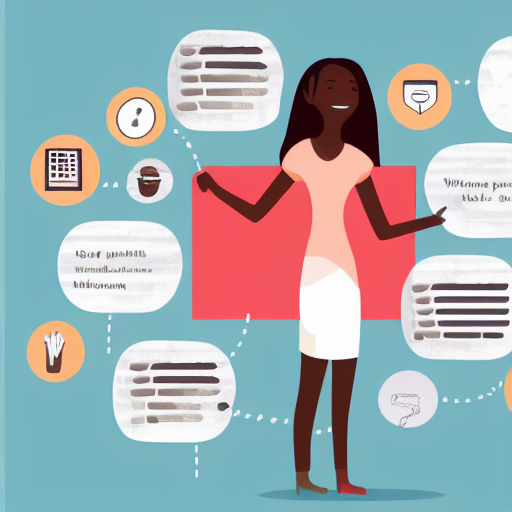

In practice, every single time you come back to a past note, you have the opportunity to improve it in some way. Complete it, add ideas, rephrase, reorganize, remove obsolete/wrong parts, summarize, fix typos, add tags, links, references, etc. The act of constantly revisiting notes and expanding the knowledge graph keeps increasing its overall value.
What are Evergreen Notes
Evergreen notes are notes that you consider as "drafts" forever. I personally consider those to represent a snapshot of my thoughts at some point in time. Some remain valid. Others become obsolete, invalid, etc. Some are simply incomplete because I didn't have time to go further. In some cases, I even keep the different iterations side by side in order to keep track of the evolution of my thinking (it's more of a corner case though). In my personal knowledge base, there's an overwhelming majority of evergreen notes and very few that I consider "final" or immutable.
As we learn and grow, our views of the world evolve constantly. This alone explains the importance of giving your future self the opportunity to revisit past notes. I regularly create links to almost empty notes, hoping to return there later on and continue exploring ideas. Sometimes I come back to an old group of ideas that I expand further. Sometimes I ditch things I don't care about anymore. Sometimes I am surprised to discover links between distant topics and ideas, leading to fun experiments and surprises.
Note-taking and note-making should be considered continuously, and not discretely. Writing a note is not a one-time thing. Create one, iterate over it, forget about it, rediscover it, improve it, transform it, and keep expanding your knowledge graph!
Evergreen Publishing
As I'm writing these lines, I know that there are many ways to improve this very article (way beyond grammar). It's also true for all the other ones. I am frustrated because my current publishing process makes it challenging to update past articles. My essays are part of my knowledge base and get copied to multiple online platforms. Whenever I want to make an update, I need to change n places, which is really tedious, boring, and time-consuming. Because of this, I rarely go back to update my previous articles (apart from when I notice big blunders or typos that I cannot stand). Meanwhile, the corresponding notes in my PKM system keep evolving and keep getting connected to other ones. This means that in practice, the overall value of my published articles is much lower than what my PKM system contains.
Evergreen publishing is an idea that I'm thinking a lot about. Instead of hitting the "publish" button once and calling it a day, the idea of evergreen publishing is to keep refreshing content that has been published, including connected notes and metadata. In short, automatically publish/update a personal knowledge graph as a set of interconnected Web articles on one or more online platform(s) (e.g., Medium, Ghost, Substack, LinkedIn, HashNode, etc). This is already possible today with Obsidian Publish and similar solutions, but none match my own needs. That's why I'm working on an API to make this possible, at scale, and independently of the tools being used. In addition, I want to include support for publishing my newsletters from my notes as well.
Conclusion
In this article, I've briefly introduced the idea of continuous note-taking/note-making, evergreen notes, and evergreen publishing.
Hopefully, the future of education will be brighter, and PKM will start appearing in the programs... Meanwhile, I hope this article will help some of you to consider a different approach to note-taking/note-making.
That's it for today!
About Sébastien
I'm Sébastien Dubois, and I'm on a mission to help knowledge workers escape information overload. After 20+ years in IT and seeing too many brilliant minds drowning in digital chaos, I've decided to help people build systems that actually work. Through the Knowii Community, my courses, products & services and my Website, I share practical and battle-tested systems. You can follow me on X 🐦 and on BlueSky 🦋.
I am an author, founder, and coach. I write books and articles about Knowledge Work, Personal Knowledge Management, Note-taking, Lifelong Learning, Personal Organization, and Zen Productivity. I also craft lovely digital products.
If you want to follow my work, then become a member and join our community.
Ready to get to the next level?
If you're tired of information overwhelm and ready to build a reliable knowledge system:
- 🎯 Join Knowii and get access to my complete knowledge transformation system
- 📚 Take the Course and Master Knowledge Management
- 🚀 Start with a Rock-solid System: the Obsidian Starter Kit
- 🦉 Get Personal Coaching: Work with me 1-on-1
- 🛒 Check out my other products and services. These will give you a rock-solid starting point for your note-taking and Knowledge Management efforts



